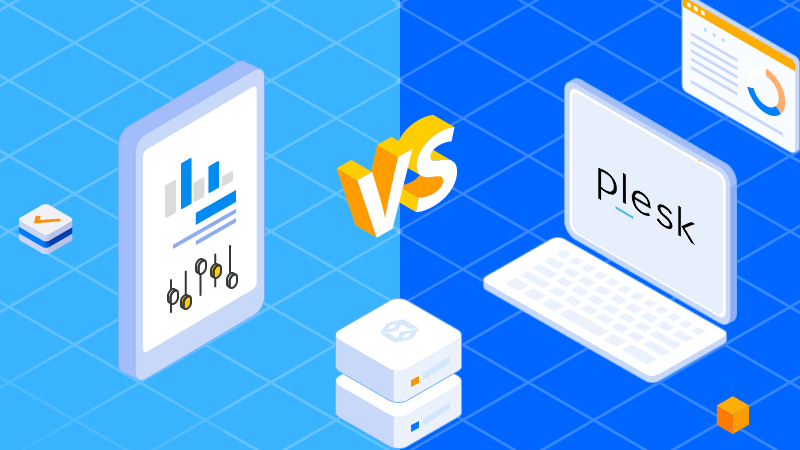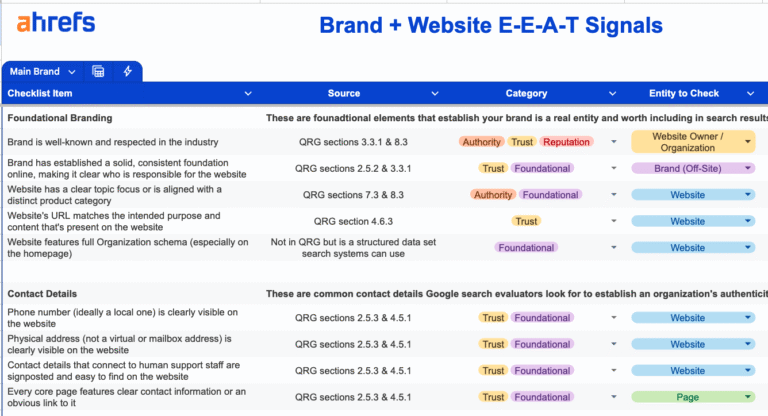

In today’s digital landscape, choosing the right server management panel is pivotal for businesses aiming to streamline website administration, automate routine tasks, and create a secure, scalable hosting environment. Whether you’re a developer, IT manager, or business owner, the decision between cPanel and Plesk can shape your online operations for years to come. Let’s explore how these leading platforms compare and how your choice might align with your server management and hosting needs.
Understanding Server Management Panels
Web hosting control panels like cPanel and Plesk provide a graphical interface and automation tools designed to simplify the process of managing web servers, websites, emails, and databases. Through these dashboards, users can perform tasks such as configuring domains, setting up email accounts, installing content management systems like WordPress, managing files, and scheduling backups—all without deep system administration expertise.
Comparing cPanel and Plesk: The Essentials
cPanel: Trusted for Linux Server Management
cPanel is a longstanding favorite for Linux-based environments, known for its reliability, versatility, and extensive documentation. It features a categorized, function-driven interface that appeals to seasoned administrators and hosting professionals managing multiple accounts. With integrated tools for file management, MySQL/PostgreSQL databases, DNS configuration, email setup, and one-click app installation (including WordPress and Magento), cPanel offers a comprehensive toolkit for hosting management.
cPanel’s security features include SSL integration, password-protected directories, IP blocking, and support for two-factor authentication. For users overseeing large numbers of sites, the Web Host Manager (WHM) add-on supports centralized administration. However, cPanel is exclusive to Linux servers and may feel a bit overwhelming to newcomers due to its dense interface.
Plesk: Flexibility and Modern Usability
Plesk is celebrated for its modern, streamlined design and broad compatibility with both Linux and Windows servers. It brings a unified interface where users can manage multiple websites, domains, mailboxes, and databases from a single account. Plesk’s “WordPress Toolkit” is particularly valuable for agencies and content creators, offering simplified updates, staging environments, security hardening, and automated backups.
In addition to supporting standard server tasks, Plesk integrates developer-friendly tools like Docker and Git, making it a preferred choice for teams working with containerized or version-controlled applications. Its security panel extends beyond basic protections to include fail2ban intrusion prevention, advanced firewalls, and automatic patching. Plesk’s extension library allows for easy customization, catering to specialized hosting needs with minimal setup.
User Experience and Interface
Plesk’s clean, section-based navigation and global search function create an accessible experience for new users and non-technical staff, while cPanel’s classic layout appeals to those already familiar with Linux hosting environments. Both panels offer responsive dashboards optimized for desktop and mobile, enabling server management on the go.
Feature Comparison: Key Considerations
- Operating System Support: cPanel is Linux-only, while Plesk supports both Linux and Windows.
- Account Structure: cPanel uses a multi-account model (with WHM), ideal for resellers and agencies. Plesk manages all sites under a single account, simplifying administration.
- Application Management: Both enable one-click installs and updates, but Plesk’s WordPress Toolkit is a standout for WP-centric users.
- Security: Both include SSL, brute-force protection, and IP blocking. Plesk adds advanced security extensions and automated updates.
- Backup and Restore: Plesk offers scheduled, automated backups and one-click restoration; cPanel supports manual backups with granular options.
- Integration and Extensions: Plesk shines with built-in Docker/Git and a wider range of extensions for modern web development.
Plesk Dedicated Server Hosting and Server Management
For organizations seeking tailored performance, security, and customization, Plesk dedicated server hosting is a compelling option. With a dedicated Plesk server, you benefit from isolated resources, enterprise-grade hardware, and the ability to fully customize your hosting stack. Dataplugs, for example, provides Plesk dedicated servers pre-installed with the Plesk Web Pro Edition—supporting both Windows and Linux, as well as Microsoft SQL for Windows deployments.
Plesk server management enables IT teams and digital agencies to automate site deployments, manage client accounts, schedule regular backups, and implement advanced security policies—all from a single, intuitive dashboard. This centralization is particularly valuable for businesses scaling their online presence or managing multiple client sites.
cPanel Hosting vs Plesk Hosting: Which to Choose?
The right server management panel depends on your unique environment and workflow:
- Choose cPanel hosting if you’re deploying on Linux, value tradition and robust documentation, and prefer a multi-account structure for managing many separate clients or projects.
- Opt for Plesk hosting if you need Windows compatibility, favor a modern interface, and want advanced WordPress or developer tools out of the box.
When comparing server management panels, consider your technical expertise, security needs, application stack, and the scalability requirements of your business.
Why Server Management Panel Choice Matters
Server management panels are more than just convenience tools—they can influence your website’s security, performance, and the efficiency of your IT operations. A well-chosen control panel minimizes administrative overhead, reduces the risk of misconfiguration, and supports business continuity through streamlined backups and security monitoring.
Dataplugs: Reliable Hosting Solutions for Every Need
Dataplugs offers both cPanel and Plesk as part of its dedicated server services, empowering businesses to select the best-fit platform for their needs. With enterprise-grade hardware, Tier 3+ data centers in Hong Kong, Los Angeles, and Tokyo, and direct connectivity to global networks, Dataplugs ensures high availability, security, and outstanding performance for every client. Whether you require a Plesk dedicated server for a complex web application, or scalable cPanel hosting for multiple sites, Dataplugs delivers robust infrastructure and expert support to help your business thrive.
Benefits of Dataplugs Dedicated Server Hosting
- Enterprise-grade hardware with the latest Intel/AMD CPUs and NVMe SSDs for top-tier performance.
- Global reach with Tier 3+ data centers in Hong Kong, Los Angeles, and Tokyo for low-latency access.
- Flexible configurations and scalable bandwidth options to support business growth.
- Robust security including DDoS protection and regular backups for peace of mind.
- 24/7 multilingual technical support and rapid server provisioning for seamless operations.
- Full root access and choice of Plesk or cPanel for complete control and easy management.
Summary
Choosing between cPanel and Plesk requires a careful assessment of your operating environment, technical skills, and long-term digital strategy. Both panels offer powerful tools for server management, but their features, usability, and compatibility differ in meaningful ways. By understanding these distinctions—and partnering with a trusted hosting provider like Dataplugs—you can ensure your web infrastructure supports growth, security, and operational excellence.
For tailored advice or to explore dedicated hosting solutions that match your business ambitions, connect with the Dataplugs team via live chat or email at sales@dataplugs.com.





